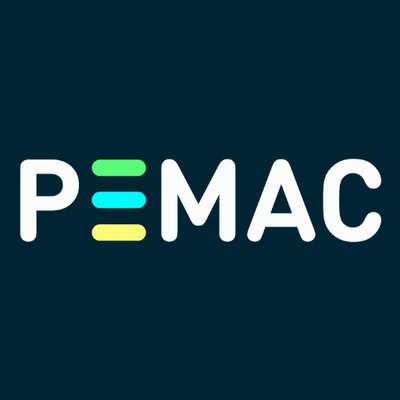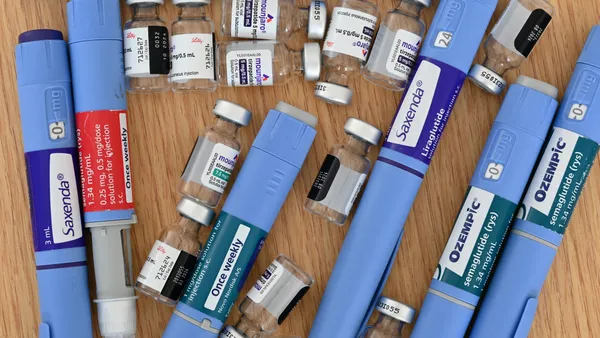A shareholder of immune drug developer Acelyin believes the company is better off shutting down and returning cash to shareholders rather than pursuing a merger with fellow biotech Alumis.
Trium Capital, an England-based investment fund and Acelyrin stockholder, revealed in a regulatory filing Tuesday that it intends to vote against the planned merger after concluding it’s not in the best interest of shareholders. In a letter to Acelyrin’s board dated April 28, the firm instead argued that Alumis’ offer, as well as others Acelyrin has considered, are inferior to what equity holders would receive if Acelyrin were to liquidate its assets.
“We believe there is substantial upside to winding up the company as compared to the proposed merger,” Trium portfolio manager Felix Lo wrote in the letter.
Trium’s filing comes amid heightened investor scrutiny of companies that, like Acelyrin, have suffered a setback and are worth less than their cash holdings. These biotech “zombies” typically pivot to a different strategy or merge with another drugmaker. Increasingly, investors have argued their cash should be put to better use. Multiple activist firms have pressured company boards in recent months and one biotech, Third Harmonic Bio, approved a liquidation plan two weeks ago.
Acelyrin debuted on Wall Street in 2023 after raising $540 million in one of biotech’s largest initial public offerings. But disappointing study results led the company to abandon development of the drug at the heart of that offering the following year. A second therapy that became its focus also hasn’t entirely impressed, leaving the company with a depressed stock price.
Acelyrin has pursued other strategic options. Trium noted how the company formed a special transaction committee and began evaluating offers, contacting over 25 parties and considering a variety of different deals. That process culminated with an announcement in February that the company planned to merge with Alumis.
The planned deal is an all-stock transaction that would leave Acelyrin shareholders with about 48% of the combined company, giving them a stake in a company with a bigger cash balance and three drugs in clinical testing. The companies already amended deal terms to give Acelyrin shareholders more equity, with board chair Bruce Cozadd noting in a statement last week that he changes reflected discussions with shareholders.
Acelyrin was also pursued by Tang Capital Partners, which has acquired some struggling companies and bought up shares in others in bids to liquidate them. But Acelyrin rebuffed Tang’s efforts, adopted a “poison pill” to protect itself and threw support behind the Alumis deal instead.
In its letter, Trium argued Tang’s bid, as well as a wind down of the company, would both be better outcomes for shareholders than an Alumis deal that values Acelyrin at less than its cash holdings and carries more risk. The firm also contended Acelyrin failed to discuss such a scenario until early 2025 and, even then, didn’t seriously consider it.
“A liquidation of the company provides certainty of value well above the value from any of the offers received thus far and will allow shareholders to re-invest the proceeds as they see fit,” Lo wrote. “We believe there is no reason for shareholders to accept any transaction that provides upfront value less than value that can be expected in a liquidation.”
Acelyrin shares trade at about $2.50 apiece. Its net cash reserves of $448 million as of the fourth quarter of 2024 were worth $4.45 a share, Lo noted.
Concentra Biosciences, an entity controlled by Tang, had bid $3 per share in cash as well as the right to 80% of the proceeds if Concentra were to license or sell the company’s programs.














